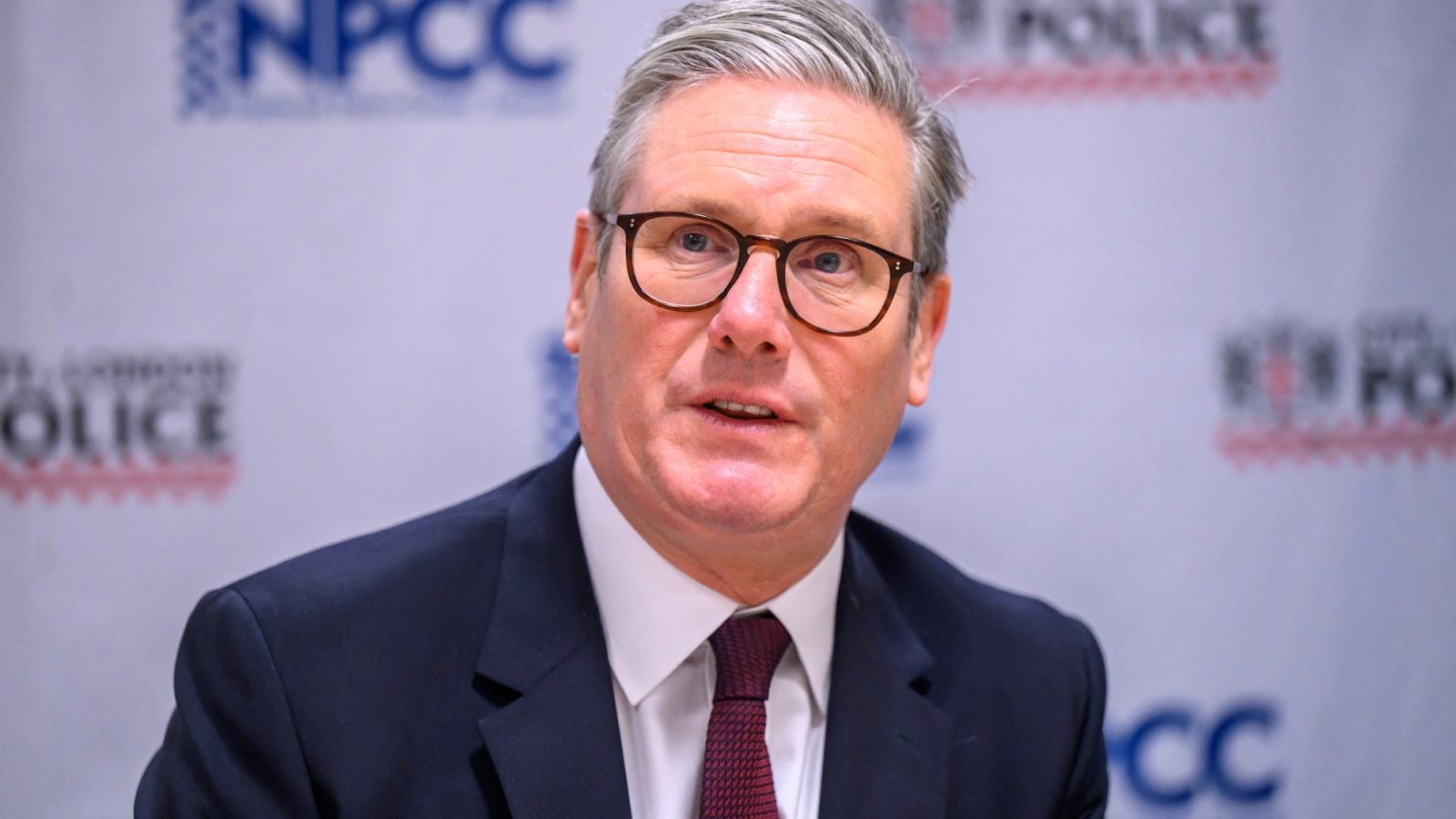The political exploitation of the UK grooming gangs scandal has created a toxic dichotomy, forcing individuals to choose between being labelled a “paedophile grooming gang apologist” or a “far-right troll exploiting rape victims.” This polarization hinders the pursuit of justice for thousands of young girls, predominantly from white working-class backgrounds, who suffered horrific abuse at the hands of largely Pakistani-heritage perpetrators. Furthermore, it obscures the critical examination of institutional failures that allowed these crimes to persist for decades across numerous towns and cities. The focus has shifted from addressing the root causes and preventing future atrocities to scoring political points, leaving the victims and their families marginalized and unheard.
The Left’s historical stance on this issue is heavily criticized for prioritizing political correctness and the concept of “community cohesion” over the welfare of vulnerable girls. Fears of fueling anti-immigration sentiment and reinforcing negative stereotypes led to the silencing of whistleblowers and the downplaying of the crimes’ severity. Accusations of racism and Islamophobia were levied against those who dared to speak out, effectively stifling open discussion and enabling the abuse to continue unchecked. This created an environment where the perpetrators were often portrayed as victims, while the actual victims were ignored and their suffering minimized. This pattern of denial and deflection allowed the problem to fester and grow, betraying the trust placed in institutions meant to protect the vulnerable.
While the Right has undoubtedly capitalized on this scandal to advance its own political agenda, particularly regarding immigration, their exploitation was facilitated by the Left’s long-standing suppression of the issue. Labour politicians, concerned about alienating Muslim voters, have historically resisted calls for a public inquiry, further perpetuating the cycle of inaction and political maneuvering. Even within the Labour party, those who attempted to raise concerns, such as Jack Straw, Ann Cryer, and Sarah Champion, faced ostracization and career damage, highlighting the internal pressures to maintain a unified front, even at the expense of truth and justice. This internal conflict within the Labour party further demonstrates the complexity of the issue and the difficulty in addressing it honestly and effectively.
The current political climate continues to reflect this deeply ingrained polarization. Keir Starmer’s dismissal of calls for a public inquiry as “far-right” rhetoric echoes the very language that contributed to the initial cover-up. This dismissive attitude, coupled with criticism directed at Conservative and Reform UK politicians who advocate for an inquiry, demonstrates the ongoing reluctance to prioritize the victims’ needs over political considerations. The debate continues to be framed in terms of political ideologies rather than a genuine commitment to uncovering the truth and ensuring accountability. This persistent political posturing prevents a meaningful examination of the systemic failures that allowed the abuse to occur and continue unabated.
The tragic reality is that these young girls were viewed as expendable not only by the perpetrators but also by those in positions of power who chose to ignore or downplay their suffering. The Left’s prioritization of political expediency over the safety and well-being of these vulnerable children represents a profound moral failing. The pursuit of a cohesive narrative, however misguided, allowed countless children to be subjected to horrific abuse for years, a devastating testament to the dangers of prioritizing political narratives over individual welfare. The long-term consequences for these victims are immeasurable, leaving them with deep physical and emotional scars that may never fully heal.
Breaking this cycle of political point-scoring and achieving justice for the victims requires a comprehensive national public inquiry. This inquiry must provide a platform for victims and whistleblowers to share their experiences without fear of reprisal, and it must hold accountable those who enabled these crimes through their inaction or deliberate cover-ups. Only by prioritizing the victims and exposing the full extent of the institutional failures can the UK begin to heal from this dark chapter in its history and ensure that such atrocities never happen again. A commitment to truth and justice, rather than political maneuvering, is essential to prevent future tragedies and offer some semblance of closure to the victims and their families.




